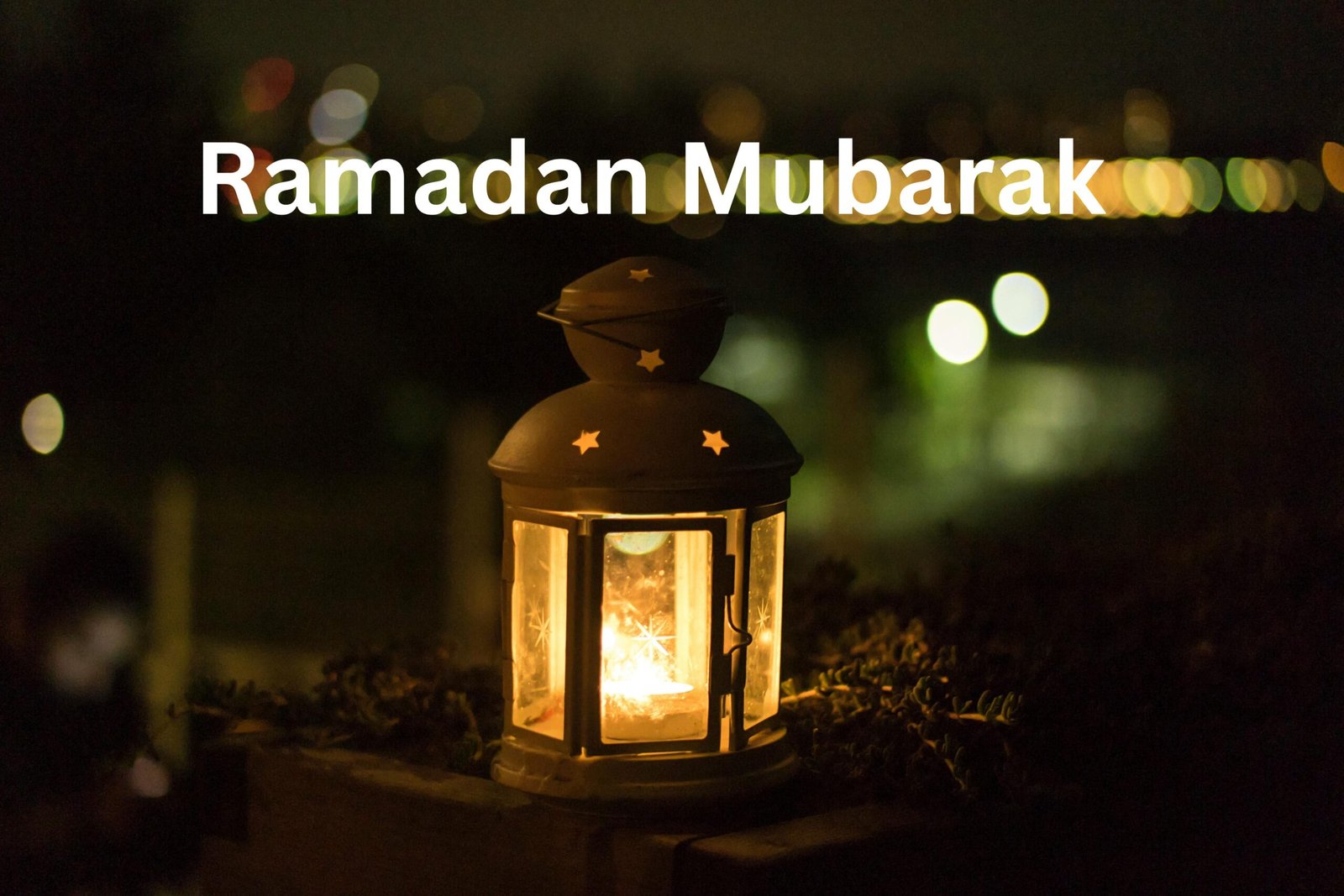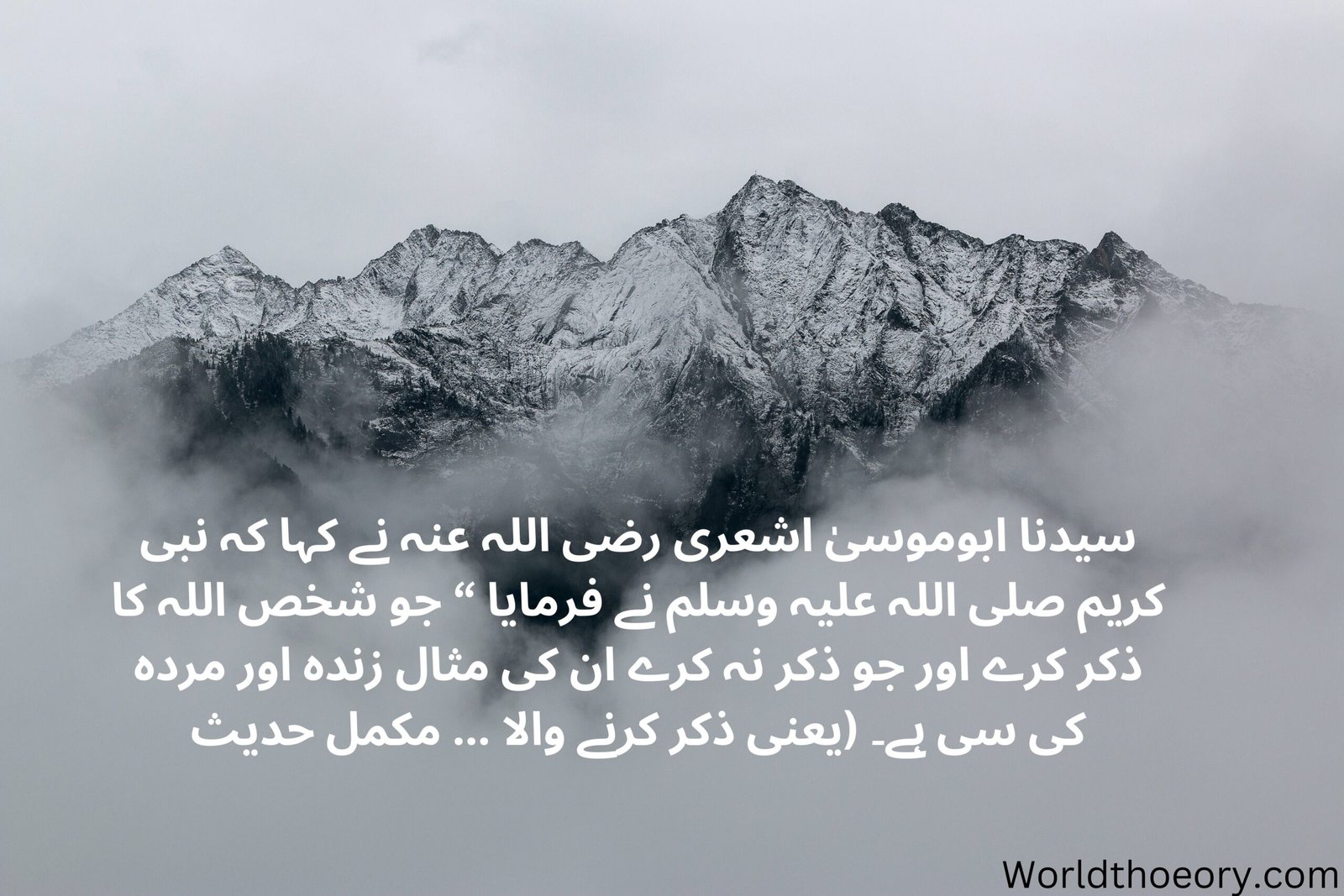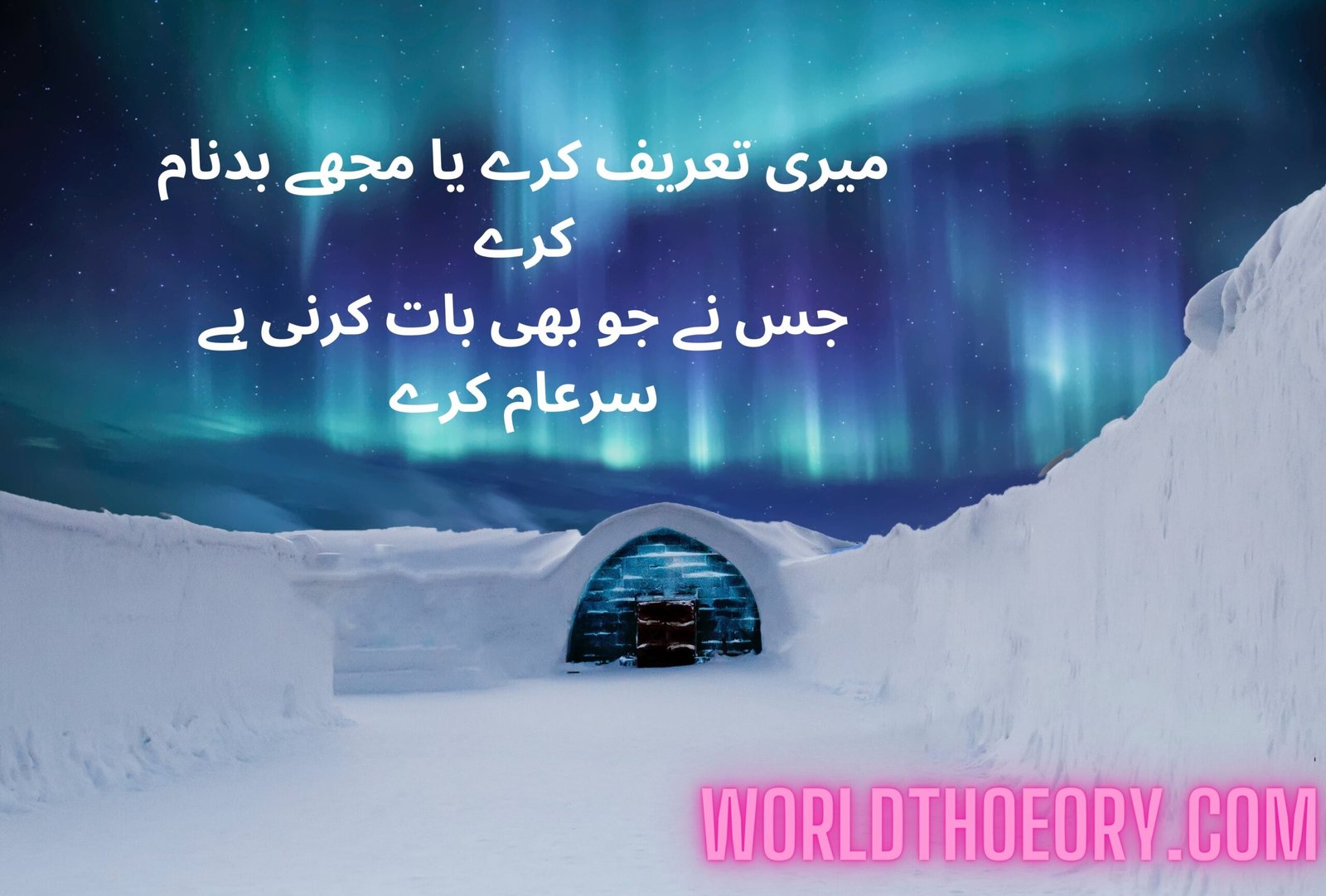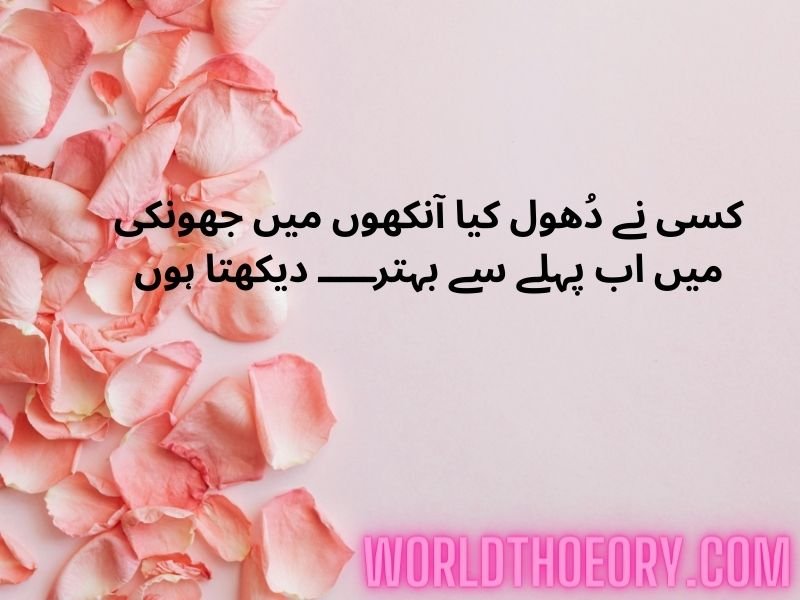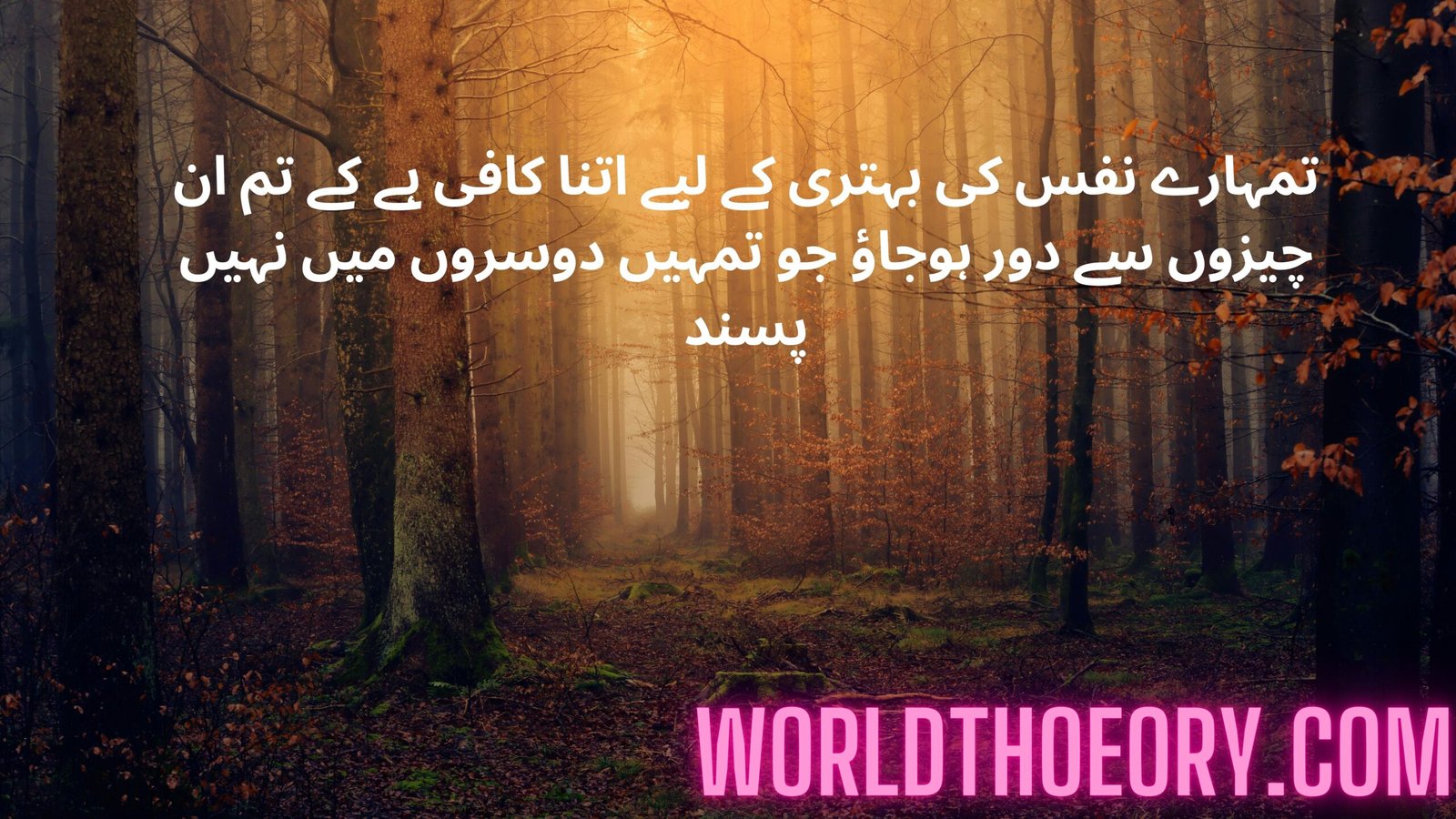Eid ul Fitr is a significant Muslim festival marking the end of Ramadan, the holy month of fasting. It’s a joyous occasion celebrated with prayers, feasting, and social gatherings. Muslims around the world come together to express gratitude, seek forgiveness, and strengthen familial and community bonds. The festival emphasizes charity, generosity, and compassion towards those in need, with the giving of Zakat al-Fitr playing a crucial role. Despite challenges such as the COVID-19 pandemic, Eid ul Fitr continues to unite Muslims globally in shared celebration and reflection, highlighting the universal values of Islam.
For More image Click Here!


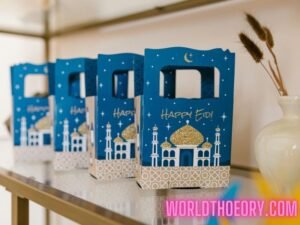

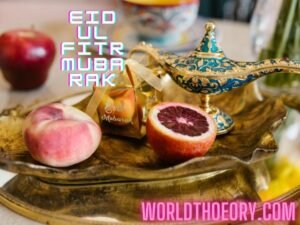

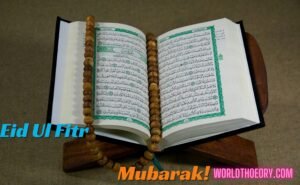

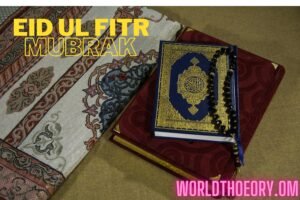

1. Introduction to Eid ul Fitr
2. Origins and Significance
3. Preparations for Eid ul Fitr
– Shopping and Cleaning
– Special Foods and Sweets
4. The Observance of Eid ul Fitr
– The Morning Prayer
– Greetings and Celebrations
5. Cultural Traditions Around the World
6. Charity and Generosity During Eid ul Fitr
7. Family and Community Bonding
8. Eid ul Fitr in the Modern Context
9. Challenges Faced During Eid ul Fitr Celebrations
10. Adapting Celebrations in Different Environments
11. Eid ul Fitr Amidst the COVID-19 Pandemic
12. Maintaining Spiritual Reflection and Gratitude
13. The Global Unity of Eid ul Fitr
14. FAQs about Eid ul Fitr
15. Conclusion
**Eid ul Fitr**
Try this GPT for Better Results: [https://bit.ly/Jumma_GPTs](https://bit.ly/Jumma_GPTs)
—
**Introduction to Eid ul Fitr**
Eid ul Fitr, often simply referred to as Eid, is one of the most significant festivals celebrated by Muslims worldwide. It marks the end of Ramadan, the holy month of fasting. This joyous occasion holds immense cultural, religious, and social importance in the Muslim community.
**Origins and Significance**
The significance of Eid ul Fitr stems from its religious origins. It is believed to have been established by the Islamic prophet Muhammad as a way to commemorate the completion of Ramadan, during which Muslims fast from dawn till sunset, engage in increased prayer and reflection, and strive for spiritual growth and self-discipline.
**Preparations for Eid ul Fitr**
As Eid approaches, Muslim families engage in various preparations to make the occasion memorable and festive. This includes thorough cleaning and decorating of homes, purchasing new clothes and gifts, and preparing special foods and sweets.
**The Observance of Eid ul Fitr**
Eid ul Fitr begins with the special congregational prayer known as Salat al-Eid, which is offered in the morning after sunrise. Muslims dress in their finest attire and gather in mosques or designated prayer grounds to perform this prayer, which is often followed by a sermon.
After the prayer, the atmosphere becomes filled with joy and festivity as people exchange greetings of “Eid Mubarak,” meaning “Blessed Eid,” and embrace each other. Families and friends come together to celebrate, share meals, and enjoy various festivities.
**Cultural Traditions Around the World**
Eid ul Fitr is celebrated with diverse cultural traditions around the world. In addition to the common practices of prayer and feasting, different regions have their unique customs and rituals, reflecting the rich cultural diversity within the Muslim community.
**Charity and Generosity During Eid ul Fitr**
One of the central aspects of Eid ul Fitr is the emphasis on charity and generosity. Muslims are encouraged to give to those in need, particularly to ensure that everyone can partake in the joyous celebrations of Eid. This includes giving Zakat al-Fitr, a form of charity given before the Eid prayer.
**Family and Community Bonding**
Eid ul Fitr serves as a time for strengthening familial bonds and fostering community unity. Families gather for elaborate meals, exchange gifts, and engage in various activities together. Communities organize communal gatherings and events, further enhancing the sense of solidarity and belonging.
**Eid ul Fitr in the Modern Context**
In today’s interconnected world, Eid ul Fitr celebrations have evolved with the influence of modernity and technology. Social media platforms are often used to convey Eid greetings, share festive moments, and connect with loved ones, especially for those separated by geographical distances.
**Challenges Faced During Eid ul Fitr Celebrations**
Despite the joyous nature of Eid ul Fitr, there are various challenges that individuals and communities may encounter during the celebrations. These include logistical challenges related to travel, accommodation, and managing large gatherings, as well as financial constraints for some families.
**Adapting Celebrations in Different Environments**
Muslims residing in non-Muslim majority countries may face unique challenges in celebrating Eid ul Fitr due to differences in cultural norms, work schedules, and public holidays. However, communities often come together to find creative ways to uphold traditions and celebrate their religious identity.
**Eid ul Fitr Amidst the COVID-19 Pandemic**
The COVID-19 pandemic has presented unprecedented challenges for Eid ul Fitr celebrations in recent years. Restrictions on public gatherings, travel limitations, and safety concerns have led to adaptations in how the festival is observed, with many opting for virtual gatherings and scaled-down celebrations at home.
**Maintaining Spiritual Reflection and Gratitude**
Amidst the festivities, Eid ul Fitr also serves as a time for spiritual reflection and gratitude. Muslims reflect on their achievements during Ramadan, seek forgiveness for any shortcomings, and express gratitude for the blessings bestowed upon them by Allah.
**The Global Unity of Eid ul Fitr**
Eid ul Fitr transcends geographical and cultural boundaries, uniting Muslims across the globe in shared celebrations of faith, joy, and solidarity. It serves as a reminder of the universal values of compassion, generosity, and community that are central to Islam.
**Conclusion**
In conclusion, Eid ul Fitr is a time of immense joy, gratitude, and spiritual renewal for Muslims worldwide. It brings families and communities together in celebration, while also fostering a sense of unity and solidarity across diverse cultures and backgrounds.
**FAQs about Eid ul Fitr**
1. **What is the significance of Eid ul Fitr?**
Eid ul Fitr marks the end of Ramadan and is a time for Muslims to celebrate their achievements during the holy month, express gratitude, and strengthen bonds with family and community.
2. **How is Eid ul Fitr celebrated?**
Eid ul Fitr is celebrated with special prayers, feasting, exchanging gifts, and engaging in charitable acts. Families and friends come together to share meals and festivities.
3. **What is Zakat al-Fitr?**
Zakat al-Fitr is a form of charity given before the Eid prayer to ensure that everyone, especially the less fortunate, can partake in the celebrations of Eid ul Fitr.
4. **How do Muslims greet each other on Eid ul Fitr?**
Muslims greet each other with the phrase “Eid Mubarak,” which means “Blessed Eid,” and exchange hugs and well-wishes.
5. **How has the COVID-19 pandemic affected Eid ul Fitr celebrations?**
The COVID-19 pandemic has led to adaptations in Eid ul Fitr celebrations, with many opting for virtual gatherings and scaled-down festivities to ensure safety and adhere to public health guidelines.During Eid ul Fitr, mosques and prayer grounds are filled with worshippers offering special prayers known as Salat al-Eid, followed by sermons and communal gatherings. Families adorn their homes with decorations, exchange gifts, and indulge in delicious traditional foods and sweets. The festival is not only a time of spiritual reflection but also a celebration of cultural diversity, with unique customs and traditions observed in different regions. Despite its religious significance, Eid ul Fitr is also a time for joy and merriment, with laughter, music, and vibrant festivities echoing throughout communities. Overall, Eid ul Fitr serves as a reminder of the importance of faith, unity, and gratitude in the lives of Muslims worldwide.
In addition to the spiritual and cultural aspects, Eid ul Fitr holds deep social significance. It is a time for reconciliation and forgiveness, as individuals seek to mend relationships and strengthen bonds with loved ones. The festival also promotes inclusivity and solidarity, as Muslims open their doors to friends, neighbors, and those less fortunate, inviting them to share in the joyous celebrations.
Furthermore, Eid ul Fitr serves as a reflection of the values of compassion and generosity inherent in Islam. Muslims are encouraged to extend kindness and support to those in need, exemplifying the teachings of charity and goodwill. This spirit of giving extends beyond monetary donations, encompassing acts of service and kindness towards others, fostering a sense of community and belonging.
Despite the challenges posed by the modern world and the ongoing pandemic, Eid ul Fitr continues to endure as a symbol of hope, resilience, and unity. It reminds Muslims of the importance of faith, family, and community in navigating life’s trials and tribulations. As the crescent moon heralds the end of Ramadan and the arrival of Eid ul Fitr, Muslims worldwide come together in celebration, gratitude, and devotion.
In conclusion, Eid ul Fitr is a cherished time for Muslims worldwide, symbolizing the culmination of a month-long journey of spiritual growth, self-discipline, and devotion. It serves as a beacon of hope, unity, and compassion, bringing people together in celebration of faith and community. As Muslims gather to offer prayers, share meals, and exchange greetings of goodwill, they reaffirm their commitment to the values of peace, generosity, and gratitude.
Despite the diversity of cultures and traditions, Eid ul Fitr unites Muslims of all backgrounds in a shared celebration of faith and humanity. It is a time to reflect on the blessings bestowed upon us, to seek forgiveness, and to extend kindness and compassion to others. As we bid farewell to Ramadan and welcome Eiid ul Fitr with open hearts and joyous spirits, may the spirit of unity and goodwill continue to inspire us all.
Eiid ul Fitr also serves as a reminder of the importance of gratitude and reflection. As Muslims celebrate the end of Ramadan, they look back on the month with a sense of accomplishment, having successfully completed the fasts and devoted themselves to prayer and self-improvement. It is a time to express gratitude for the blessings received and to seek forgiveness for any shortcomings or mistakes made during the holy month.
Moreover, Eiid ul Fitr provides an opportunity for Muslims to strengthen their spiritual connection with Allah and renew their commitment to living a life guided by faith and righteousness. It is a time to rekindle the flame of faith in their hearts and to rededicate themselves to living in accordance with the teachings of Islam.
As Muslims come together to celebrate Eiid ul Fitr, they are reminded of the importance of community and solidarity. The festival serves as a unifying force, bringing people together across borders, cultures, and languages. It is a time to set aside differences and come together in brotherhood and sisterhood, celebrating the bonds that unite us as members of the global Muslim community.
In essence, Eiid ul Fitr is a time of joy, celebration, and spiritual renewal. It is a time to rejoice in the blessings of Ramadan and to look forward with hope and optimism to the year ahead. As Muslims gather with family and friends to celebrate Eiid ul Fitr, they do so with hearts full of gratitude, love, and devotion.
Additionally, Eiid ul Fitr serves as a platform for promoting social justice and equality within communities. During this festive period, Muslims are encouraged to remember those who are less fortunate and to extend a helping hand to those in need. Charity and acts of kindness are integral parts of Eiid ul Fitr celebrations, as individuals and communities strive to ensure that everyone can partake in the joyous occasion.
Furthermore, Eiid ul Fitr encourages Muslims to foster a sense of unity and compassion not only within their own communities but also with people of other faiths and backgrounds. It is a time to reach out to neighbors, colleagues, and friends, regardless of their religious beliefs, and to celebrate the values of tolerance, acceptance, and mutual respect.
In conclusion, Eiid ul Fitr is a celebration of faith, family, and community that holds profound significance for Muslims around the world. It is a time to reflect on the blessings of Ramadan, to express gratitude, and to renew one’s commitment to living a life guided by faith and righteousness. As Muslims come together to celebrate Eiid ul Fitr, they do so with hearts full of joy, compassion, and love, embodying the spirit of unity and solidarity that defines this auspicious occasion.
Moreover, Eiid ul Fitr encourages Muslims to reflect on the values of patience, perseverance, and self-discipline instilled during the month of Ramadan. It serves as a reminder of the spiritual growth and personal development achieved through fasting, prayer, and acts of charity. As Muslims celebrate Eiid ul Fitr, they carry forward these lessons into their daily lives, striving to embody the virtues of compassion, humility, and integrity.
Eiid ul Fitr also fosters a sense of cultural pride and identity among Muslims, as they come together to celebrate their shared traditions and heritage. From traditional clothing and decorations to festive rituals and cuisines, Eiid ul Fitr is a vibrant expression of cultural diversity within the Muslim community. It is a time to celebrate the richness of our cultural heritage and to embrace the diversity that enriches our collective identity.
Furthermore, Eiid ul Fitr serves as a testament to the resilience and strength of the Muslim community in the face of adversity. Despite the challenges posed by the COVID-19 pandemic and other global crises, Muslims continue to celebrate Eiid ul Fitr with unwavering faith and optimism. Through acts of charity, kindness, and solidarity, they demonstrate their commitment to overcoming obstacles and building a brighter future for themselves and their communities.
In essence, Eid ul Fitr is a celebration of faith, unity, and resilience that transcends geographical and cultural boundaries. It is a time to rejoice in the blessings of Ramadan, to cherish the bonds of family and community, and to renew our commitment to living a life of piety, compassion, and righteousness.
As Muslims around the world celebrate Eid ul Fitr, they also reflect on the universal values of peace, compassion, and justice that are at the core of Islam. Eid ul Fitr serves as a reminder of the importance of these values in building a more harmonious and equitable world for all. It is a time to recommit ourselves to promoting understanding, empathy, and cooperation among people of different backgrounds and beliefs.
Moreover, Eiid ul Fitr carries forward the spirit of gratitude and generosity beyond the festivities, inspiring Muslims to continue giving back to their communities and making a positive impact in the lives of others. Whether through charitable donations, volunteer work, or acts of kindness, Eiid ul Fitr encourages Muslims to extend the spirit of goodwill and compassion throughout the year.
In conclusion, Eiid ul Fitr is more than just a religious festival – it is a celebration of faith, unity, and humanity. It brings people together in joyous celebration, strengthens bonds of friendship and family, and reaffirms our shared commitment to living a life guided by faith, compassion, and righteousness.
In addition to its religious and cultural significance, Eiid ul Fitr holds deep personal meaning for individuals, serving as a time for introspection, renewal, and personal growth. It is an opportunity to reflect on one’s spiritual journey during Ramadan, to assess one’s progress in terms of self-improvement and adherence to religious practices, and to set intentions for continued growth and development in the year ahead.
Furthermore, Eiid ul Fitr offers a chance for reconciliation and forgiveness, both within oneself and in relationships with others. It is a time to let go of grudges, mend broken ties, and seek forgiveness for past wrongs, fostering a sense of peace, harmony, and emotional well-being.
Moreover, Eiid ul Fitr serves as a reminder of the importance of gratitude and appreciation for the blessings in our lives. It is a time to express thanks for the food on our tables, the roof over our heads, the love of our families, and the guidance of our faith. By cultivating an attitude of gratitude, Muslims deepen their sense of connection to the divine and find solace and contentment in life’s blessings, both big and small.
In essence, Eid ul Fitr is a multifaceted celebration that encompasses religious, cultural, social, and personal dimensions. It is a time of joy, reflection, and renewal, bringing together communities in a spirit of unity, compassion, and gratitude.


